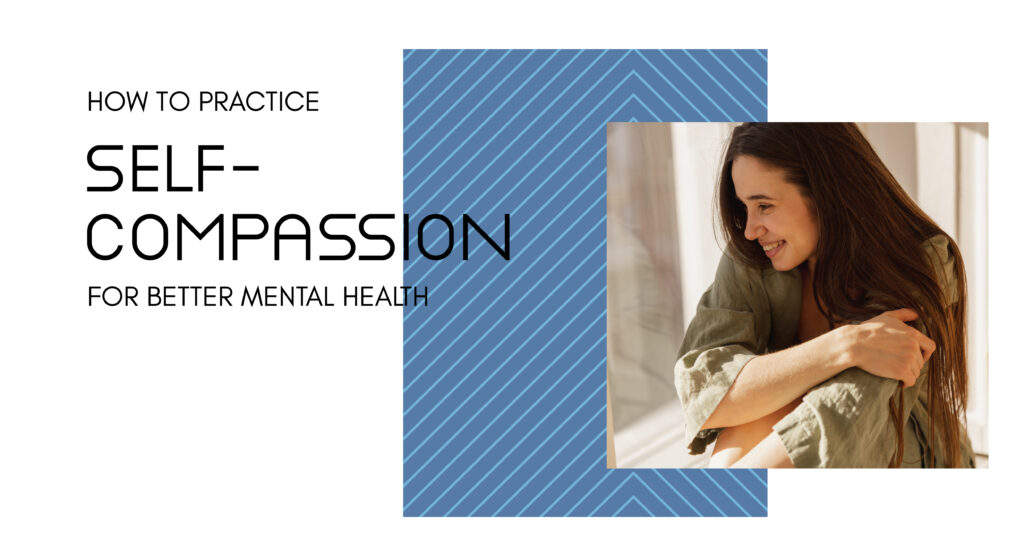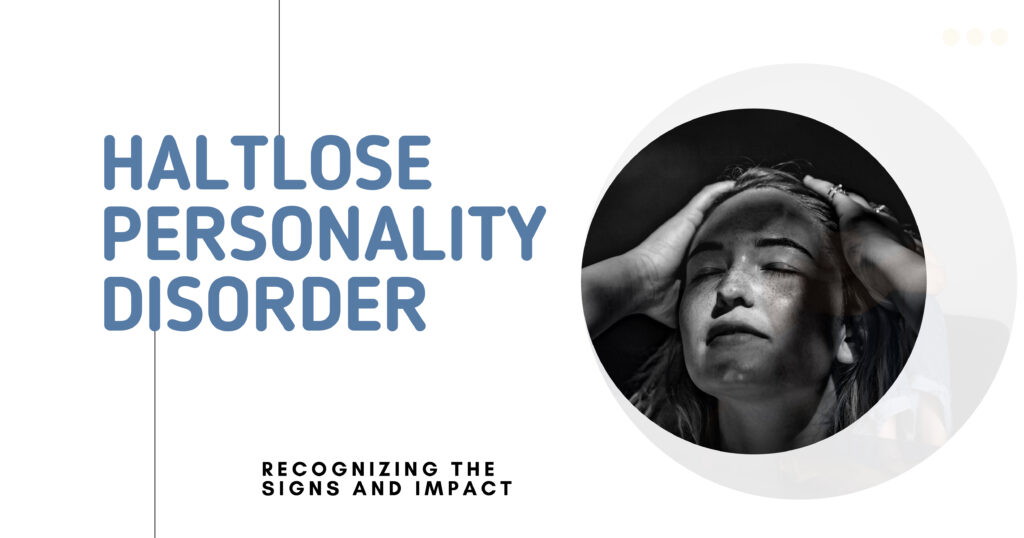What Is Self-Compassion?
Self-compassion is about treating yourself with the same kindness and understanding you would offer a friend in times of struggle. Unlike self-esteem, which often relies on external validation and comparisons with others, self-compassion is about cultivating a caring relationship with yourself, regardless of your circumstances or achievements.
Self-compassion involves three key elements:
- Self-Kindness: Being warm and understanding when encountering pain or failure, rather than being harshly self-critical.
- Common Humanity: Recognizing that suffering and personal inadequacies are part of the shared human experience, not something that isolates us from others.
- Mindfulness: Maintaining a balanced awareness of our emotions, so we neither suppress nor exaggerate our feelings.
San Diego Mental Health
The Importance of Self-Compassion for Mental Health
Practicing self-compassion is crucial for mental health. It can buffer against negative emotions and stress, promote emotional resilience, and enhance overall well-being. Research shows that self-compassion can reduce anxiety, depression, and stress, and increase life satisfaction. By treating ourselves with compassion, we can better manage our internal experiences and cultivate a more positive and supportive mindset. This not only benefits our mental health but also improves our relationships and overall quality of life.
In tough times, self-compassion becomes even more essential. Engaging in self-compassion exercises, such as keeping a self-compassion journal or practicing self-compassion meditation, can help in navigating difficult feelings and provide a clearer perspective on life’s challenges.
The Science Behind Self-Compassion
Psychological Benefits of Self-Compassion
Numerous studies highlight the benefits of self-compassion. For instance, research published in the journal Self and Identity found that individuals with high levels of self-compassion experience lower levels of anxiety and depression. Self-compassionate people are better at coping with stress, have healthier emotional regulation, and report higher levels of life satisfaction. Tools like the Self-Compassion Scale developed by Kristen Neff can provide insights into your self-compassion levels.
How Self-Compassion Works
Self-compassion affects mental health by influencing the way we process our emotions and experiences. It promotes emotional resilience by helping us handle negative experiences with kindness rather than self-criticism. This approach can alter brain activity patterns, leading to reduced stress responses and increased emotional stability.
When we practice self-compassion, we activate areas of the brain associated with emotional regulation and empathy, making it easier to manage difficult emotions and foster a more supportive internal dialogue. Instead of succumbing to a critical voice, we can cultivate a self-compassionate voice that encourages healing and growth.
Practical Steps to Cultivate Self-Compassion
Self-Kindness Techniques
- Positive Affirmations: Start your day with positive affirmations that reinforce your self-worth and remind you to be kind to yourself. For example, you might say, “I am doing my best, and that is enough.” Incorporate self-compassion affirmations that focus on your strengths and abilities, which can be particularly helpful during difficult times.
- Self-Care Routines: Engage in regular self-care activities that promote well-being, such as taking relaxing baths, engaging in hobbies, or spending time in nature. A warm bath can be a soothing way to practice tender self-compassion and recharge your spirit.
- Self-Compassionate Writing: Keep a journal where you write letters to yourself during times of struggle. Express understanding and kindness, as if you were writing to a close friend. This practice can help you process your emotions and reinforce a compassionate mindset. Use your journal to note the biggest mistakes people make and how to learn from them without harsh judgment.
Developing Mindfulness
- Mindfulness Meditation: Incorporate mindfulness meditation into your daily routine. Spend a few minutes each day focusing on your breath and observing your thoughts and feelings without judgment. Apps like Headspace or Calm can guide you through mindfulness practices, including deep breathing techniques that center your mind.
- Mindful Breathing: Practice mindful breathing techniques when you feel stressed or overwhelmed. Inhale deeply through your nose, hold for a few seconds, and then exhale slowly through your mouth. This simple practice can help center your thoughts and reduce anxiety, making it an essential tool in behavioral self-compassion.
- Body Scan: Perform a body scan meditation where you focus on each part of your body, noticing any tension or discomfort. This practice helps you develop a deeper awareness of your physical and emotional states.
Embracing Common Humanity
- Join Support Groups: Connect with others who are experiencing similar challenges by joining support groups or online communities. Engaging with the Self-Compassion Community can provide a network of support and understanding.
- Reflect on Shared Experiences: Regularly remind yourself that suffering and imperfection are universal experiences. Reflect on how everyone faces difficulties, which can help you feel more connected to others and reduce feelings of isolation.
- Practice Empathy: Extend the same compassion to others that you would offer to yourself. By helping and supporting others, you reinforce the idea that we are all part of a shared human experience.
Overcoming Obstacles to Self-Compassion
San Diego Mental Health
Addressing Self-Criticism
- Recognize Self-Critical Thoughts: Pay attention to moments when you are harshly critical of yourself. Note these thoughts and challenge their validity by asking if you would speak to a friend in the same manner.
- Reframe Negative Thoughts: Practice cognitive restructuring by reframing self-critical thoughts into more compassionate ones. For example, replace “I’m a failure” with “I made a mistake, but I am learning and growing.” When encountering painful feelings, remember to lean into your self-compassionate voice.
- Set Realistic Expectations: Avoid setting unattainably high standards for yourself. Recognize that making mistakes and experiencing setbacks are part of being human. Focus on progress rather than perfection.
Managing Perfectionism
- Challenge Perfectionist Beliefs: Identify and question perfectionist beliefs that drive unrealistic expectations. Ask yourself if these beliefs are truly helpful or if they contribute to unnecessary stress.
- Embrace Imperfection: Learn to accept imperfections as part of the human experience. Practice self-compassion by acknowledging that it’s okay to be imperfect and that mistakes are opportunities for growth.
- Set Achievable Goals: Set realistic and achievable goals that allow room for mistakes and setbacks. Break larger tasks into smaller, manageable steps and celebrate your progress along the way.
Integrating Self-Compassion into Your Life
Building a Self-Compassionate Routine
- Create a Self-Compassion Plan: Develop a plan for integrating self-compassion into your daily routine. Schedule regular self-care activities, mindfulness practices, and moments of reflection.
- Establish Self-Compassion Rituals: Incorporate self-compassion rituals into your daily life, such as starting your day with positive affirmations or ending your day with a self-compassionate reflection.
- Track Your Progress: Keep a journal to track your self-compassion practices and reflect on their impact on your well-being. Note any changes in your mood, stress levels, or overall outlook.
Evaluating and Adjusting Your Practice
- Assess Your Progress: Periodically assess how your self-compassion practices are affecting your mental health. Reflect on any improvements or challenges and adjust your practices accordingly.
- Seek Feedback: Ask for feedback from trusted friends, family, or mental health professionals about your self-compassion journey. Their perspectives can offer valuable insights and encouragement.
- Be Flexible: Adjust your self-compassion practices as needed to fit your evolving needs and circumstances. Recognize that self-compassion is a dynamic process that may require changes over time.
Real-Life Examples and Success Stories
Personal Stories
Many individuals have successfully integrated self-compassion into their lives, leading to significant improvements in their mental health. For example, Jane, a busy professional, found that incorporating daily mindfulness practices and self-kindness exercises helped her manage stress and anxiety more effectively. She noticed a positive shift in her mood and overall well-being.
Another example is Mark, who struggled with perfectionism and self-criticism. By embracing self-compassion and reframing his negative thoughts, Mark was able to reduce his anxiety and improve his self-esteem. His journey highlights the power of self-compassion in overcoming personal challenges, especially during difficult experiences.
Expert Insights
Mental health professionals emphasize the importance of self-compassion in promoting emotional well-being. Dr. Kristin Neff, a leading researcher in self-compassion, notes that cultivating self-compassion can lead to greater emotional resilience and a more positive outlook on life. Her work underscores the effectiveness of self-compassion practices in improving mental health.
Conclusion
Recap of Key Points
Self-compassion is a powerful tool for enhancing mental health and well-being. By practicing self-kindness, mindfulness, and recognizing our shared humanity, we can manage stress, reduce negative emotions, and foster a more supportive inner dialogue. Incorporating self-compassion into our daily lives can lead to profound improvements in our overall quality of life, including physical health.
San Diego Mental Health
Encouragement to Begin the Journey
Starting your journey toward greater self-compassion can be transformative. Begin by incorporating simple practices into your daily routine, such as positive affirmations and mindfulness exercises. Remember that self-compassion is a process, and it’s okay to start small and build over time.
Ready to enhance your mental health through self-compassion? Download our self-compassion workbook for practical exercises








